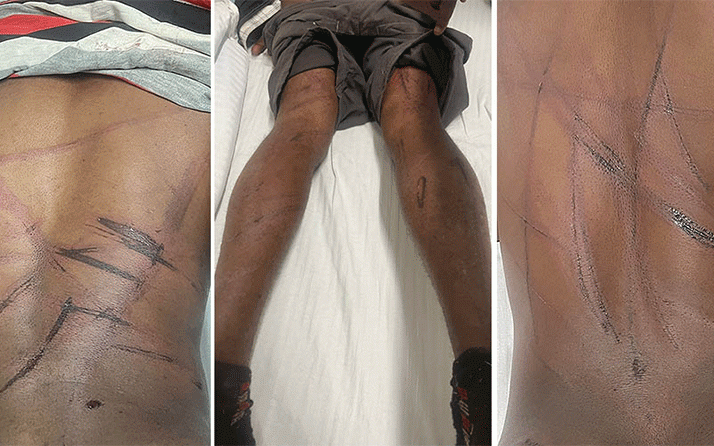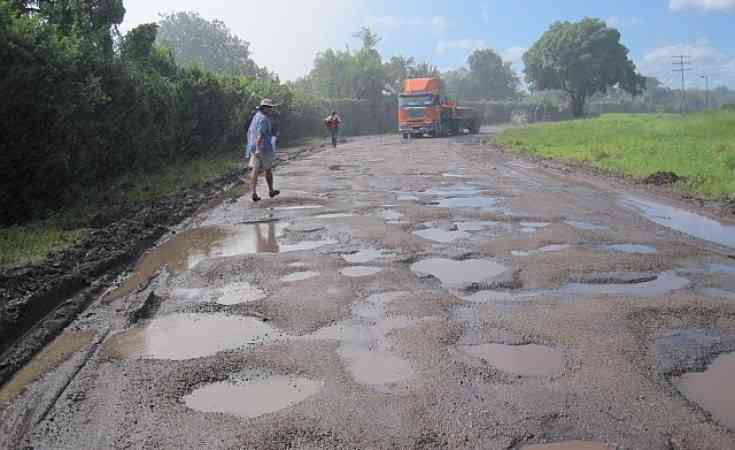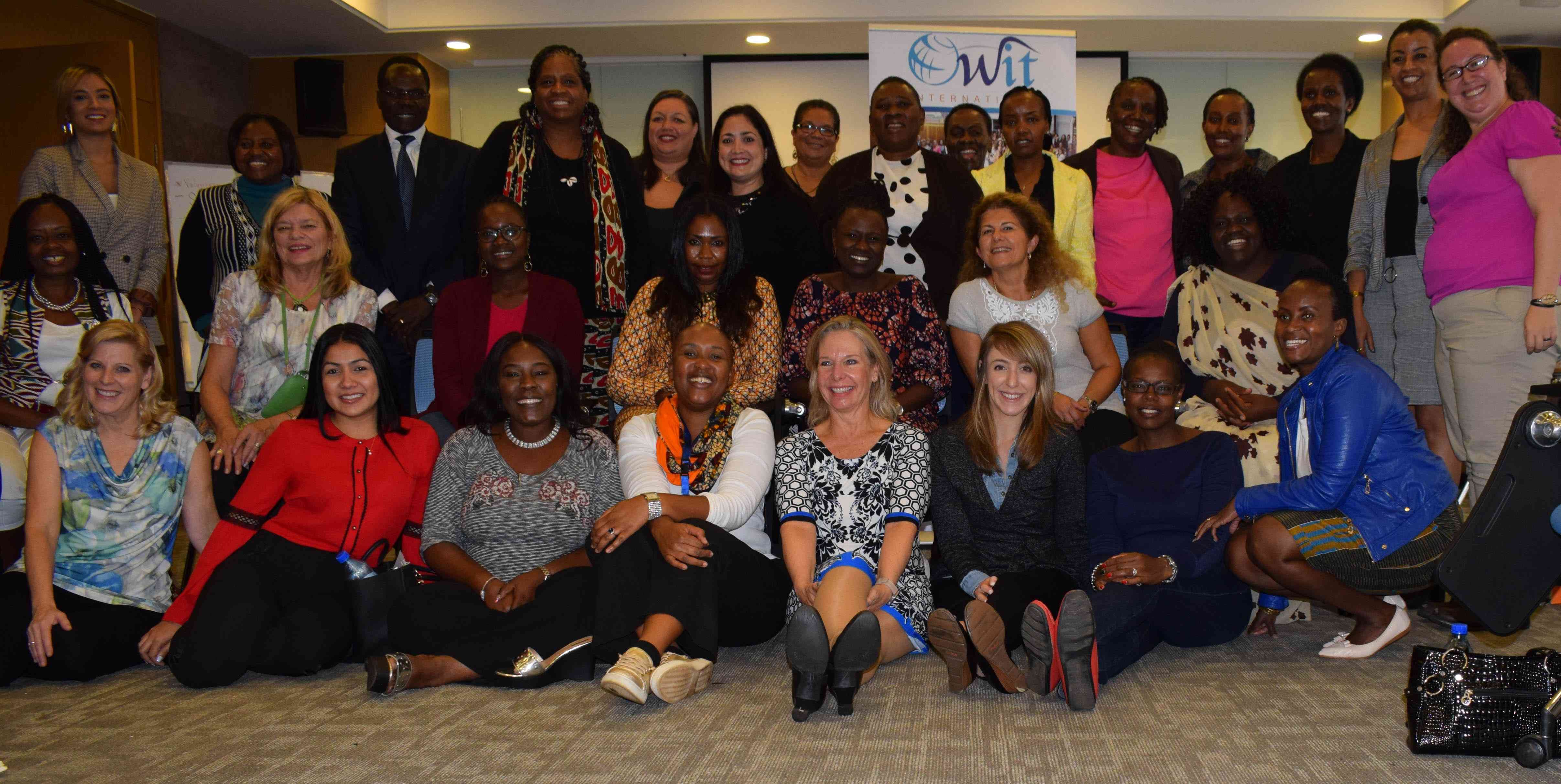
The opinions by various observer groups that the 2023 harmonised elections were peaceful seem unwarranted given the reports from Zimbabwe's human rights organisations.
The Zimbabwe Human Rights NGO Forum produced a preliminary report on the pre-election organised volence and torture (OVT) countering this narrative.
This is particularly important since the Sadc extra-ordinary summit in Luanda has accepted the report of the Sadc Election Observation Mission (SEOM), and Sadc will now have to decide what the consequences of rejecting the election are.
In their deliberations Sadc will need to re-assess its conclusions about the extent of the OVT, but also pay attention to the post-election OVT and the role that the Sadc Election Advisory Council (Seac) must play in this.
The Zimbabwe Human Rights NGO Forum’s preliminary report made several recommendations on the way forward for Sadc and the Zimbabwe government:
- Sadc, following its report on the 2023 harmonised elections, should insist that the Zimbabwe government facilitate a credible investigation of the political violence over the election period, and including the pre-election period.
- The Zimbabwe government should mandate and fully resource the Zimbabwe Human Rights Commission (ZHRC), as the constitutionally appointed body, to fully investigate human rights violations over the entire election period.
The constitutional mandate of the ZHRC should not be subverted by appointing an “independent commission” as in 2028.
- The findings of the ZHRC should be considered in any final conclusions about the credibility of the 2023 harmonised elections.
- The government should stop targeting, persecuting and attacking civilians, civil society members and political opponents in the post-election phase;
- The Zimbabwe Republic Police (ZRP) should urgently release investigation findings of all OVT-related incidences, and names of identified perpetrators of police brutality against civilians;
- The government should open up civic and democratic space to facilitate the active demand for the freedoms of assembly and expression;
- The government should immediately shut down the operations of Forever Associates Zimbabwe (Faz) as it continues to discharge a reign of terror on communities.
This present report extends the previous report in two ways.
Firstly, it examines more carefully the OVT that took place during the formal 90 days of the election, from June 1 to August 22 2023.
- Village Rhapsody: Zanu PF must revisit its ruinous stance on NGOs
- Detained CCC activist falls sick
- Zanu PF youths run amok at court
- Zim urged to abolish death penalty
Keep Reading
This is the period during, which the Zimbabwe Electoral Commission (Zec) should have formal and untrammelled control of the hustings, manage and minimise all OVT in all forms, and engage the state in ways to ensure a peaceful poll.
Secondly, this report extends the previous report by reporting on the OVT that has taken place since, and including the poll itself; from August 23 to October 7, 2023.
As will be seen in the report, Zimbabwe remains afflicted by serious human rights violations.
The report draws on two sources of information: the data from reports – virtual reports - made by citizens to human rights organisations, and the direct testimony of victims – victim reports — seeking assistance because of the violations they experienced.
The two sets of data are highly complementary. In all respects, they identify the victims, the alleged perpetrators, the kinds of violations, and in many cases the reason why citizens were victimised.
In all, the findings indicate a systematic campaign to influence the outcome of the election.
Whilst there is a numerical decline in OVT since the election, it is evident that human rights violations took place on polling day, and there has been continued targeting of members of the opposition political party, the Citizens Coalition for Change (CCC) with serious violations.
Now that Sadc has accepted the Seom report, and it is evident that there is serious postelection conflict -the basis for Seac’s mandate – the following recommendations are made:
- Recognition by Sadc that the post-election climate in Zimbabwe is marred by significant conflict, and not merely about the results.
- Immediate implementation by Sadc of the Seac mandate to deal with the postelection conflict and establish modalities to reduce the violence.
- Insistence by Sadc that no elections hereafter take place without substantive implementation of all Sadc recommendations and refusal to observe elections in Zimbabwe should this be disregarded.
- Insistence that the Zimbabwe Electoral Commission (Zec) allow embedded Sadc observers in the forthcoming by-elections.
Findings
It is quite clear that the “virtual” data corresponds completely with the data obtained from victims giving direct testimony.
A number of clear conclusions can thus be drawn relying on the coherence between the two data sets.
Firstly, there is an obvious trend towards violations increasing in frequency as the polling days approach, and, although they decline after the poll, it is also clear that they decline but not disappear: political violence, aimed at members of opposition political parties continues even today as the reports of abductions and torture continue.
Secondly, the distribution of the reports is interesting, particularly in respect of the post-election violence.
As pointed out earlier, why is OVT increasing in the post-election period in provinces where Zanu PF won virtually every seat?
This is the trend seen from the virtual data, but not wholly supported by the victim reports except for Mashonaland Central where violations increase markedly post-elections.
Thirdly, the victims are overwhelmingly members of the opposition political party, the Citizens Coalition for Change (CCC), whether pre-election, post-election, or even on polling days.
Hence, the violence can only be described as intentional and targeted and conforms to the patterns seen and reported upon in every election since 2000.
The alleged perpetrators are overwhelmingly supporters of Zanu PF, whether general supporters, Zanu PF youth, or traditional leaders.
There are also a number of senior party officials, candidates and even MPs mentioned in the direct victims’ testimony, and the presence of so many named preparators should require legal and judicial action.
Finally, the reported violations on the polling days should case serious additional doubt on the validity of the election and should be considered any subsequent discussion by Sadc and other political groupings in their acceptance of the election outcome.
The limited sample from which these findings are derived should require deeper investigation into the nature and extent of OVT in this election: on face value, the results point to very serious problems in these elections.
The presumption that elections in Zimbabwe will be violent is upheld by these findings and were not unexpected as pointed out on many occasions by Zimbabwean civil society. This should have been front and foremost in the minds of Seac in its visit in April 20023, and these findings wholly contradict the Seom conclusions on the outcome of the election: the election was not flawed by procedural irregularities, but also be the systematic intimidation of the
Conclusion
At the outset of this report, we commented that the conclusions of observer missions that the 2023 elections in Zimbabwe were “peaceful” were misplaced.
The evidence is to the contrary and in line with all the reservations that had been expressed by Zimbabweans in the year or so before the polling period. All this evidence on the pre-election period was available to Seac prior to its April 2023 visit, and now Seac can be appraised in greater detail about the OVT both pre- and post-election.
Now that Sadc has accepted the Seom report, and it is evident that there is serious postelection conflict -the basis for Seac’s mandate – we make the following recommendations:
- Recognition by Sadc that the post-election climate in Zimbabwe is marred by significant conflict, and not merely about the results.
- Immediate implementation by Sadc of the Seac mandate to deal with the postelection conflict and establish modalities to reduce the violence.
- Insistence by Sadc that no elections hereafter take place without substantive implementation of all Sadc recommendations and refusal to observe elections in Zimbabwe should this be disregarded.
- Insistence that the Zec allows embedded Sadc observers in the forthcoming by-elections.
*This is an extract from a new report published by the Research Advocacy Unit titled: A Consolidated Report on Pre and Post Organised Violence and Torture during the 2023 Harmonised Elections in Zimbabwe, which was produced by RAU, Zimbabwe Human Rights NGO Forum, Counselling Services Unit, Veritas and Heal Zimbabwe.











